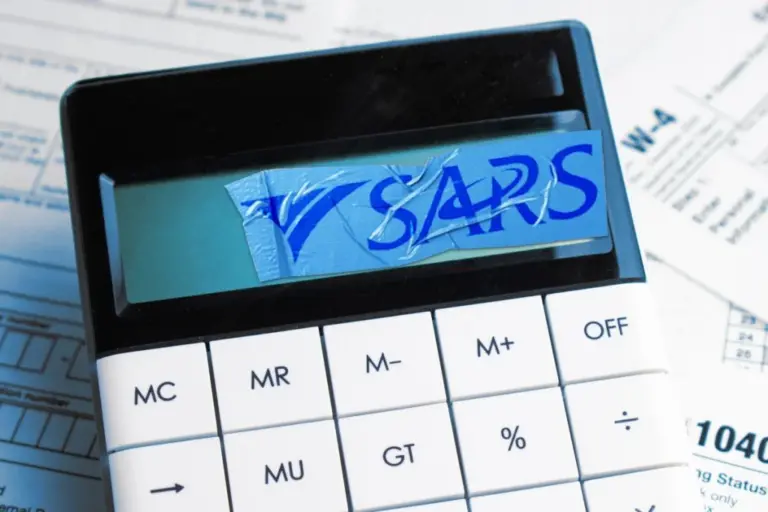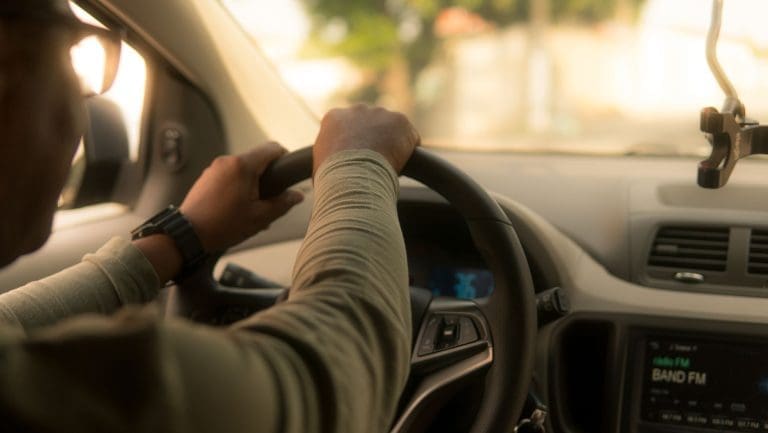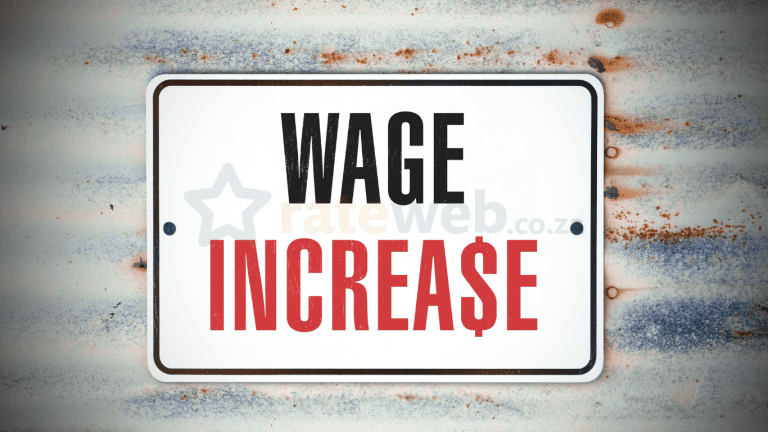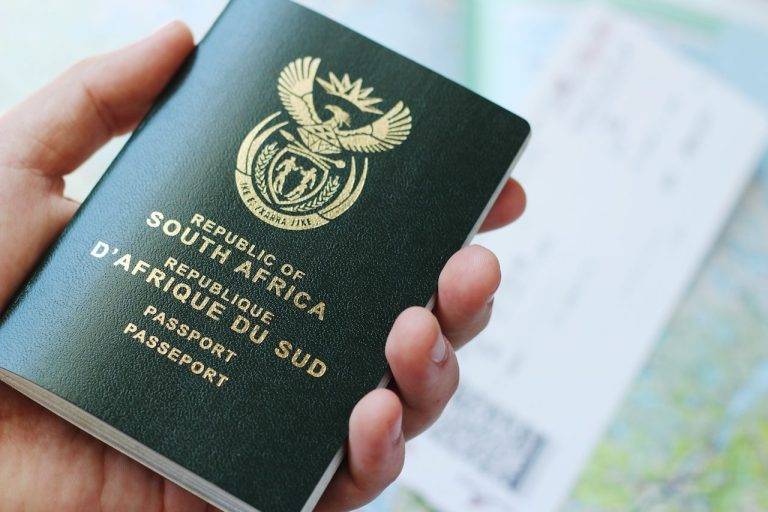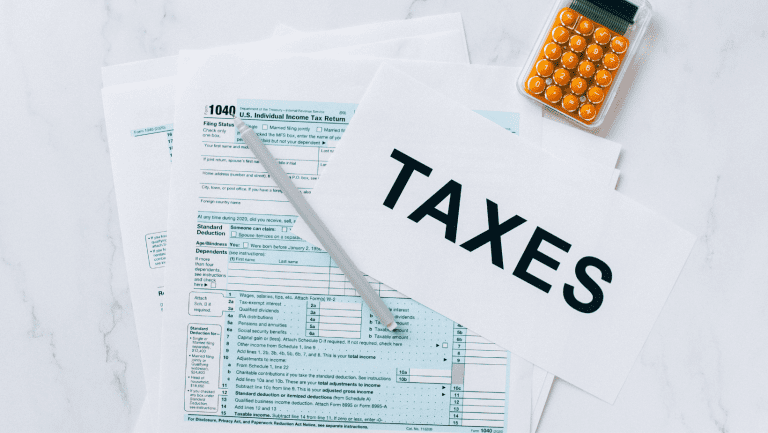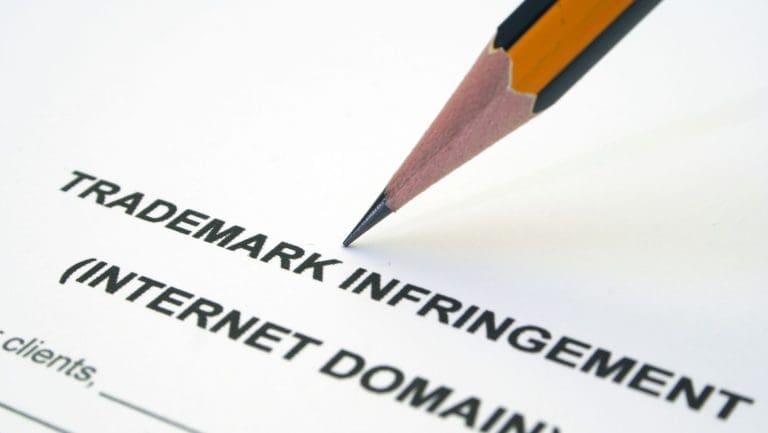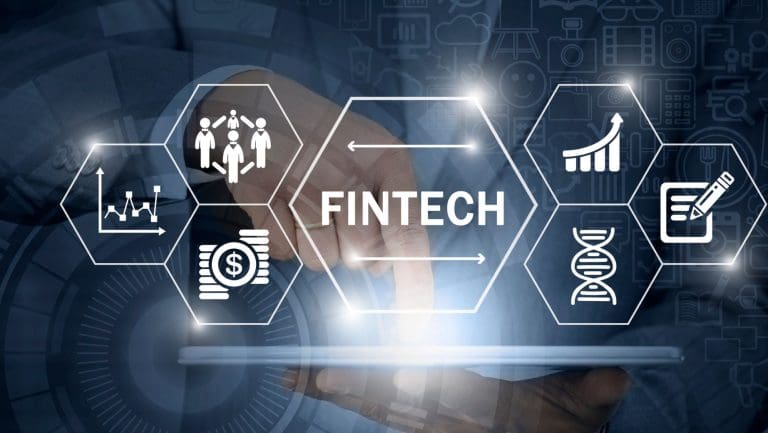Traditional banks may require you to visit a branch from time to time to conduct transactions, submit FICA documents, or make changes to your bank account. However, this is only for those who are unfamiliar with mobile apps or do not have online access to their banking information.
Visiting a branch can be costly due to the lack of bank branches in rural areas. Traveling for 100 kilometers or more to resolve a banking account issue should be a thing of the past, especially for those who live in rural areas where transportation is more expensive than in cities.
Furthermore, because a number of banks are planning to go fully online in the near future, it will be a hassle for those who do not have access to their online login credentials in the future. It’s time to start banking online and saving money from the comfort of your own home.
You will save a lot of money by learning how to bank without having to visit your bank’s branch. In fact, banks charge exorbitant fees to discourage people from using branches to conduct certain banking transactions. Banking entirely online can save you hundreds, if not thousands, of rands.
We’ll go over some of the methods you can use to bank without ever going to a bank.
Use mobile banking services
Mobile banking services can help you cut down on trips to the bank and ATMs. By enabling mobile banking, you will be able to use your account remotely, allowing you to make transactions on your phone. You will be able to pay bills, purchase prepaid, transfer funds, and send payment requests.
Mobile banking services also allow you to view your bank balance at your leisure. You will be able to conduct inter-account transfers by transferring funds from one account to another within the same bank. For example, you can use mobile banking services to transfer funds from a cheque account to a savings account.
Mobile banking service is less accommodating than a mobile app because it lacks some of the features that a mobile app has. For example, you can’t use mobile banking to make NFC payments or accept online payment requests because both require a mobile app to function.
For those who do not own a smartphone, a mobile banking service is ideal. Given the limitations of mobile banking services, there is no reason to use them if you have a smartphone.
Register for web banking services
Web banking services provide a more in-depth overview of your banking products than mobile banking and mobile app banking services. The credentials used to log in to a mobile app are the same as those used to access a web banking service.
Web banking services allow you to perform a variety of transactions, including international transactions. Web banking services enable payment authorization from entities such as SARS.
Banks such as FNB allow web bankers to change account limits and gain access to their rewards program. A web banking service is a comprehensive service that allows you to access almost everything your bank has to offer.
Web banking can be perceived as an inconvenient way to transact due to its lack of access to contactless payments. Furthermore, web banking services do not allow users to make card payments online.
Using a mobile application
A mobile application is the most convenient way to transact without visiting a bank. You can use a mobile app to access all of your accounts held with a financial institution. Individuals can use a mobile app to open bank accounts, apply for credit, and apply for home loans, overdrafts, and revolving loans.
A mobile app may also include personal finance tools to assist users in budgeting and tracking their spending. A mobile app allows for the easy completion of any type of transaction, as well as the scheduling of debit orders. Limits can be raised or lowered at any time.
Payments can be made at the till using the NFC functionality or by scanning the QR code. A mobile app also enables users to approve online payments by logging into the app and accepting payment requests.
How do you get started?
If you want to bank without visiting a branch, you must bank with a bank that offers banking products that give you access to the online services that you require. Every one of South Africa’s big five banks has an online banking facility, so if you bank with one of them, you can rest assured that your visits to the bank’s branch will be limited.
There are other options available that will provide you with the online services you require to bank remotely. You can avoid going to the bank entirely by using online-only banks or neobanks. Online-only banks and NeoBanks advocate for contactless banking, with all transactions taking place entirely online.
According to the appearance of things, the bank that you choose will clearly determine whether or not you will be able to bank without going to a bank. If you have a Postbank account, you will be unable to bank without physically visiting a bank because PostBank does not provide online banking services.
Conclusion
Individuals should prioritize remote banking now that times have changed. Covid-19 has served as a wake-up call to everyone around the world that contactless business methods should be advanced. Aside from the threats of a pandemic, banking remotely is convenient. You will save time and spend it on more meaningful activities.



